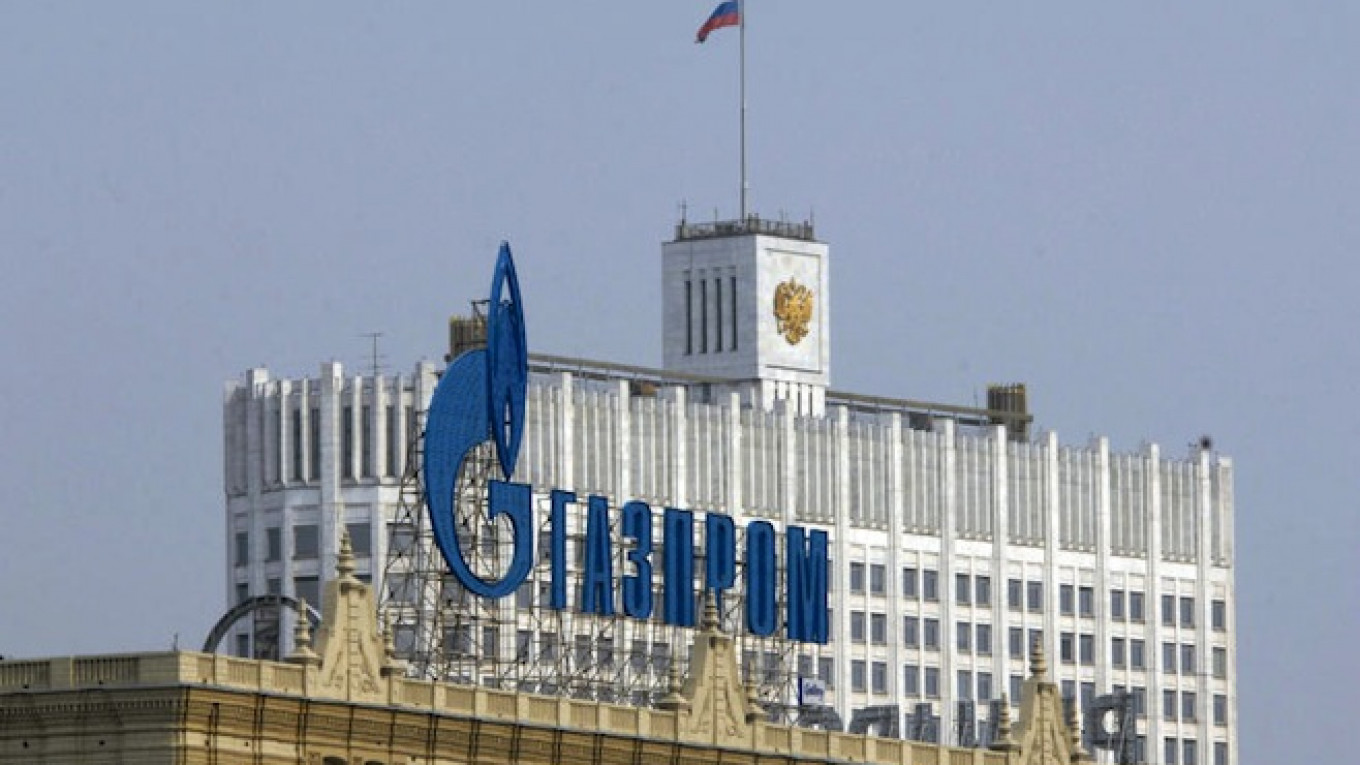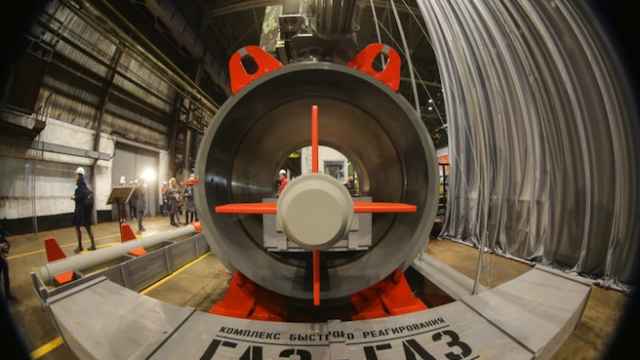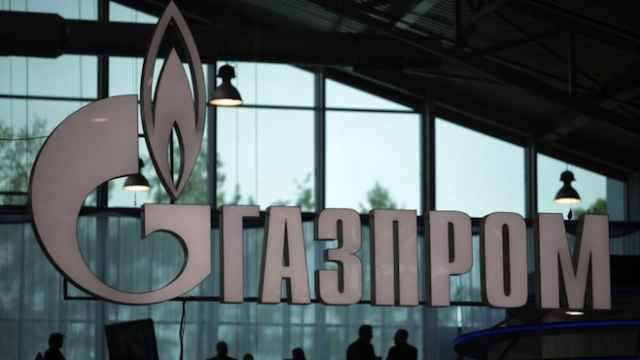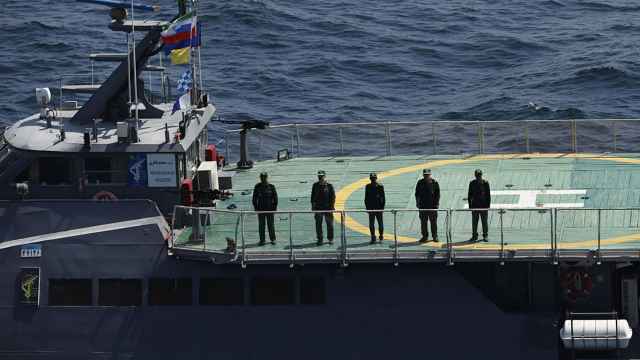SINGAPORE — Russia's state-controlled Gazprom said Tuesday that it would slash its capital expenditure this year by almost $8 billion to $30 billion as political and market developments created a challenging business environment.
With oil prices down by half in the last six months, energy producer revenues have fallen sharply, and Gazprom has also been hit by the political tensions between Russia and Europe over the crisis in Ukraine, which is the most important transit route for Gazprom's gas to its customers in the European Union.
Gazprom said it would slash its capital expenditure by almost $8 billion between 2014 and 2015 to $30 billion, and down from a peak of an annual average of almost $44 billion between 2010 and 2013.
"The overall market development does cause some challenges to our business … [but] the considerable reduction of capex allows us to show a very strong cash flow generation," Andrei Kruglov, Deputy Chairman of the Management Committee and Head of the Department for Finance and Economics, told a webcast.
Despite the cuts, Gazprom said this would not affect its plans to build gas pipelines to supply China by the end of the decade.
Although Gazprom said it was not directly affected by European and U.S. sanctions against Russia, the firm saw a 60 percent slump in third-quarter 2014 net profit, hurt by the tumbling ruble and after exports were halted to Ukraine over a pricing dispute.
Gazprom is the world's biggest exporter of natural gas, largely via pipelines to Europe, but also on ships as liquefied natural gas to Asia, and the company is also active in the oil and power sectors.
Looking further out, the company said Asian demand would keep natural gas's share of global energy supplies stable at almost a quarter over the next 15 years despite stalling consumption in Europe, while oil and coal would lose some global share to renewables and nuclear power.
A Message from The Moscow Times:
Dear readers,
We are facing unprecedented challenges. Russia's Prosecutor General's Office has designated The Moscow Times as an "undesirable" organization, criminalizing our work and putting our staff at risk of prosecution. This follows our earlier unjust labeling as a "foreign agent."
These actions are direct attempts to silence independent journalism in Russia. The authorities claim our work "discredits the decisions of the Russian leadership." We see things differently: we strive to provide accurate, unbiased reporting on Russia.
We, the journalists of The Moscow Times, refuse to be silenced. But to continue our work, we need your help.
Your support, no matter how small, makes a world of difference. If you can, please support us monthly starting from just $2. It's quick to set up, and every contribution makes a significant impact.
By supporting The Moscow Times, you're defending open, independent journalism in the face of repression. Thank you for standing with us.
Remind me later.






